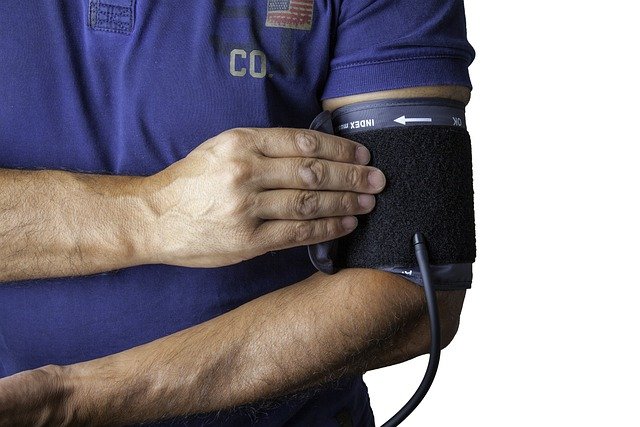Kidney Disease Symptoms You're Probably Ignoring Right Now
Early kidney disease often develops silently with subtle symptoms that many people dismiss as normal aging or stress. Healthcare professionals emphasize recognizing these warning signs before kidney function declines significantly. Understanding these early indicators can lead to timely medical evaluation and better treatment outcomes

What Are the 5 Kidney Disease Symptoms Most People Miss?
The kidneys filter waste and excess fluid from your blood, but when they begin to fail, the symptoms can be surprisingly subtle. Persistent fatigue ranks as one of the most commonly overlooked signs, as damaged kidneys struggle to produce enough red blood cells, leading to anemia. Many people attribute this exhaustion to busy lifestyles or poor sleep habits.
Swelling in the ankles, feet, or face occurs when kidneys cannot remove excess fluid effectively. This symptom often appears gradually and may be mistaken for temporary water retention. Changes in urination patterns, including foaming urine or unusual frequency, also signal potential kidney problems but are frequently ignored or attributed to other causes.
How Do Early Warning Signs Manifest in Daily Life?
Early warning signs of kidney disease often masquerade as minor health inconveniences. Persistent back pain near the kidney area may be dismissed as muscle strain from exercise or poor posture. However, this discomfort can indicate kidney stones, infections, or other serious conditions affecting kidney function.
Unexplained nausea and loss of appetite develop as toxins accumulate in the bloodstream when kidneys fail to filter properly. Many people assume these symptoms result from stress, dietary changes, or temporary illness. Metallic taste in the mouth and persistent bad breath also occur when waste products build up in the blood, creating uremia.
Understanding Kidney Function Decline Progression
Kidney function decline typically occurs in five stages, with early stages showing few obvious symptoms. During stages one and two, kidney function may decrease by up to 60 percent before noticeable symptoms appear. This gradual deterioration explains why kidney disease often goes undetected for years.
Blood pressure elevation frequently accompanies kidney function decline, as damaged kidneys struggle to regulate fluid balance and hormone production. The kidneys produce renin, which helps control blood pressure, so kidney damage creates a dangerous cycle of worsening hypertension and further kidney deterioration.
The Silent Progression Challenge
Silent progression makes kidney disease particularly dangerous because irreversible damage occurs before patients seek treatment. Unlike heart attacks or strokes that produce dramatic symptoms, kidney disease progresses quietly over months or years. By the time obvious symptoms appear, patients may have lost 75 percent or more of their kidney function.
Sleep disturbances and difficulty concentrating also characterize silent kidney disease progression. As toxins accumulate, they affect brain function and sleep patterns, but these symptoms are easily attributed to aging or lifestyle factors. Skin changes, including persistent itching and unusual dryness, occur when kidneys cannot properly balance minerals and remove waste products.
When Medical Evaluation Becomes Essential
Medical evaluation should occur immediately when multiple symptoms appear together or persist for several weeks. Blood tests measuring creatinine levels and estimated glomerular filtration rate provide accurate kidney function assessments. Urine tests detect protein, blood, or other abnormalities that indicate kidney damage.
Regular screening becomes crucial for individuals with diabetes, high blood pressure, or family history of kidney disease. These risk factors dramatically increase the likelihood of developing chronic kidney disease. Healthcare providers recommend annual kidney function testing for high-risk patients, even without obvious symptoms.
Healthcare professionals emphasize that early detection through regular medical evaluation offers the best outcomes for kidney disease treatment. Treatment options vary significantly based on disease stage, underlying causes, and individual patient factors. Nephrologists specialize in kidney disease management and work with patients to develop comprehensive treatment plans addressing both kidney function preservation and symptom management.
Conclusion
Recognizing kidney disease symptoms early can dramatically impact treatment success and quality of life. The subtle nature of these warning signs makes awareness and regular medical screening essential, particularly for individuals with risk factors. While kidney disease progression cannot always be prevented, early intervention can slow decline and prevent complications. Understanding these often-ignored symptoms empowers individuals to seek timely medical attention and potentially preserve kidney function for years to come.
This article is for informational purposes only and should not be considered medical advice. Please consult a qualified healthcare professional for personalized guidance and treatment.




